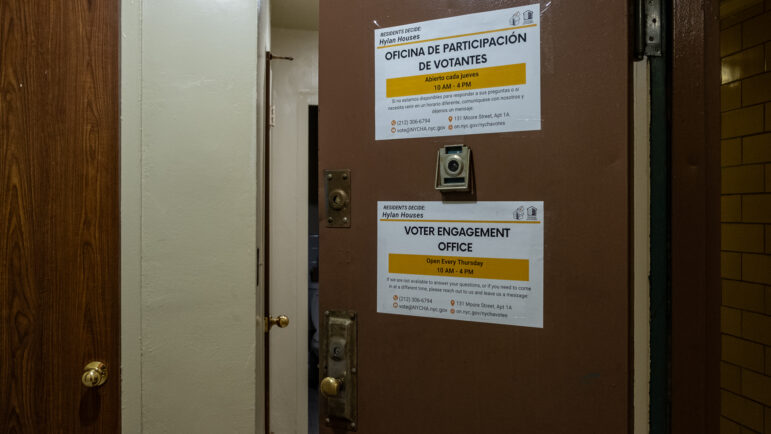Last week, a panel of three state Appellate court judges handed down a surprise decision that stripped the teeth from a relatively new tenant defense. Contrary to a recent federal court decision, the judges held that the federal Fair Debt Collection Practices Act wasn’t intended to apply to tenant-landlord disputes, after all.
The decision dismayed tenant advocates, who were jubilant when the U.S. Court of Appeals decided last December that because landlord lawyers were in the business of collecting unpaid rent, they were essentially little more than debt collectors. Therefore, said the judges in Romea v. Heiberger & Associates, eviction cases should be regulated under federal debt laws–which, among other things, gives debtors the right to a 30-day written notice to dispute the claim. (Under housing law, tenants are entitled to a mere three days notice.)
Under the federal decision, tenants hauled into Housing Court with court papers drawn up by a landlord lawyer could have their cases dismissed-although smart landlords get around the rule simply by making sure to sign and deliver the court documents personally, without legal help.
Now, the federal decision will no longer hold in the Second Department of the Appellate Court’s jurisdiction, which covers the boroughs of Brooklyn, Queens, and Staten Island.
“I was a little surprised by [the decision],” said dejected Legal Aid staff attorney Derek Dalmer, who represented the tenant in the case. “In fact, I was a lot surprised by it. Part of their opinion said that if Congress had meant to cover rent demands [in the Fair Debt Collection Practices Act], it would have been in the act already, which is ludicrous: why would Congress list every type of notice to be covered? It’s a very bad decision.” The Legal Aid Society plans to appeal, and a similar case pending before the First Department of the Appellate Term also may go the other way.
But ultimately, point out tenant advocates, the fate of the Romea decision may not make that much of a difference to the great majority of tenants who must brave Housing Court without a lawyer, since few self-represented tenants know to use the federal fair debt law defense.







